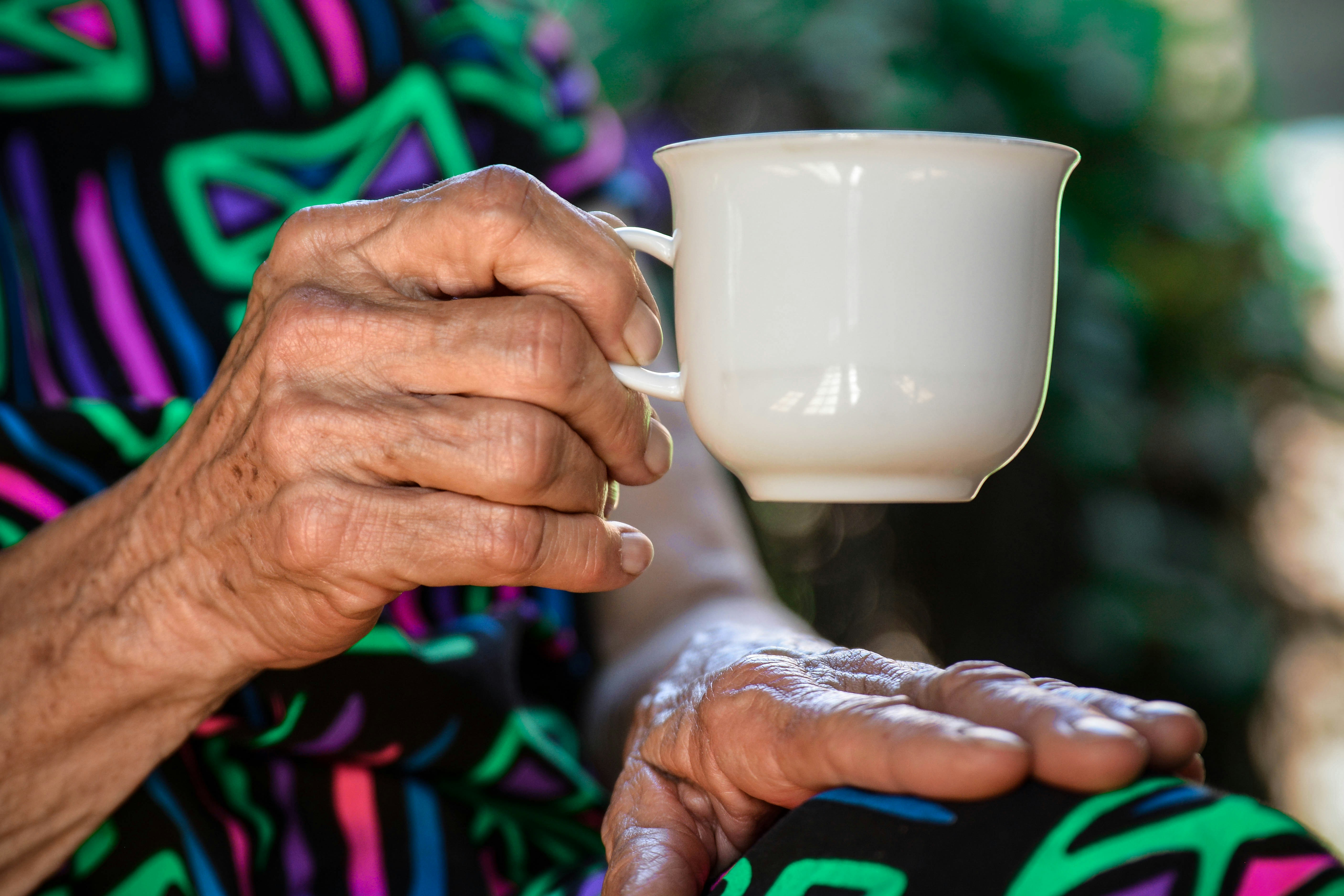News release
From:
Assessing the factors behind global disparities in healthy ageing
Differences in physical, social, and sociopolitical factors across the world have resulted in marked disparities in healthy ageing across countries — according to an analysis of over 160,000 participants from 40 countries, published in Nature Medicine. The findings highlight the need for targeted interventions and policy actions to address health disparities, particularly in lower-income countries.
Healthy ageing is a complex biological process shaped by a number of factors experienced throughout life — collectively known as the exposome. Previous research has shown that the exposome has a much greater impact on healthy ageing than chronological age alone. However, understanding how these exposomal factors affect ageing across different populations and diverse regions has remained elusive.
Agustin Ibanez and colleagues examined how exposomal factors influence healthy and accelerated ageing across diverse populations using cohorts representing 40 countries in 4 continents (including Europe, Latin America, Asia, and Africa). They found that people experiencing accelerated ageing — defined by the difference between estimated biological age and chronological age — were eight times more likely to have reduced capacity to do daily tasks (functional ability) and four times more likely to experience cognitive decline than those undergoing delayed ageing. Accelerated ageing was most pronounced in lower-income countries, such as Egypt and South Africa, followed by countries in Asia and Latin America, whereas European countries, such as Germany, France and Italy, exhibited higher rates of healthy ageing.
When analyzing exposomal influences, the authors identified several key predictors of healthy ageing at the country level. These included physical factors, such as air quality; social factors, including socioeconomic and gender equality; and sociopolitical factors, such as political representation, party freedom, suffrage and democratic elections. These findings highlight how different environmental, social and political contexts collectively shape ageing outcomes across populations from different countries.
The authors argue that with increasing trends in dementia and accelerated ageing, reducing modifiable risks, strengthening protective factors and addressing inequalities are crucial for global public health at the population level. However, they emphasize that their findings reflect associations rather definitive causal relationships, and that the research features limited representation of certain regional populations — especially Africa.



 Australia; International; NSW
Australia; International; NSW



